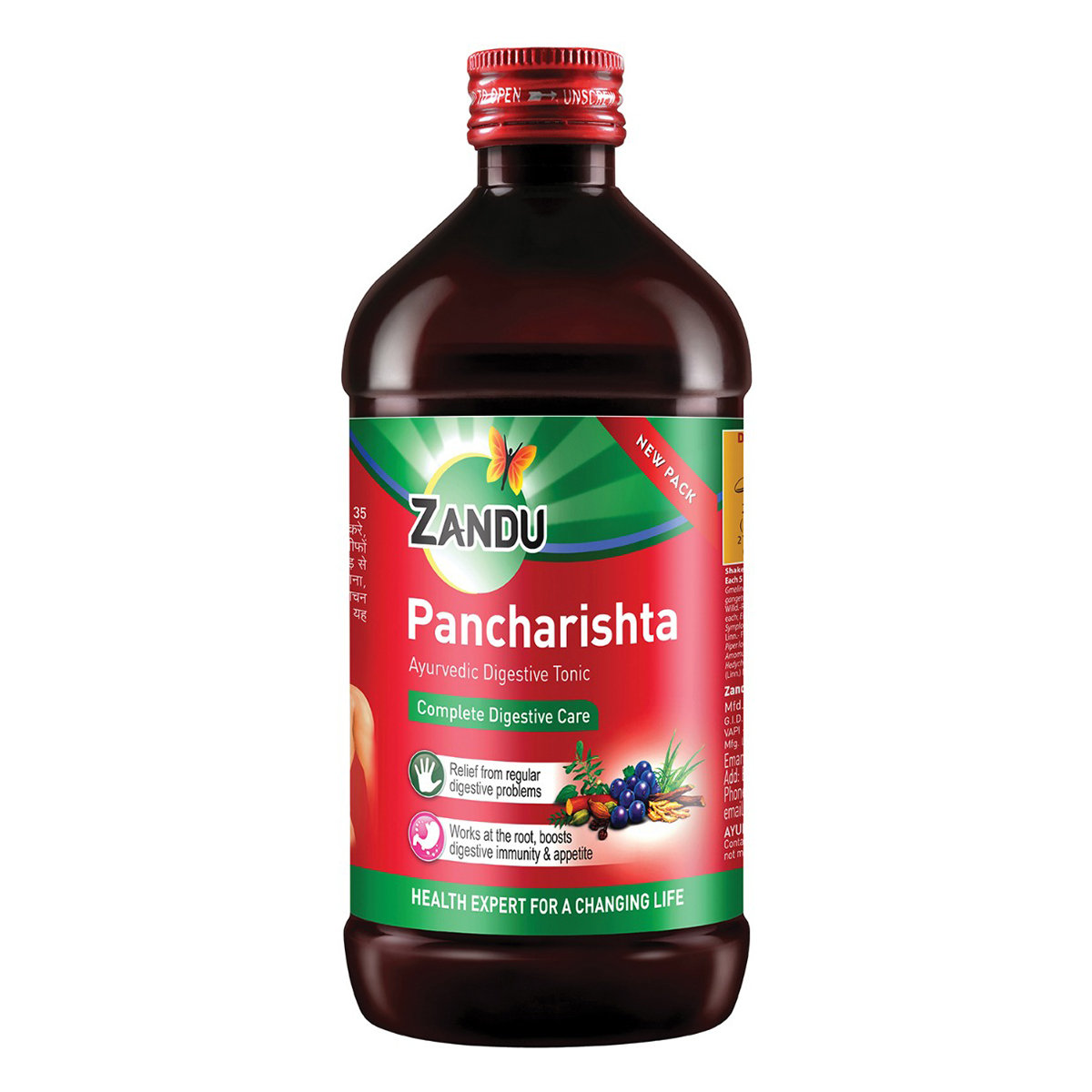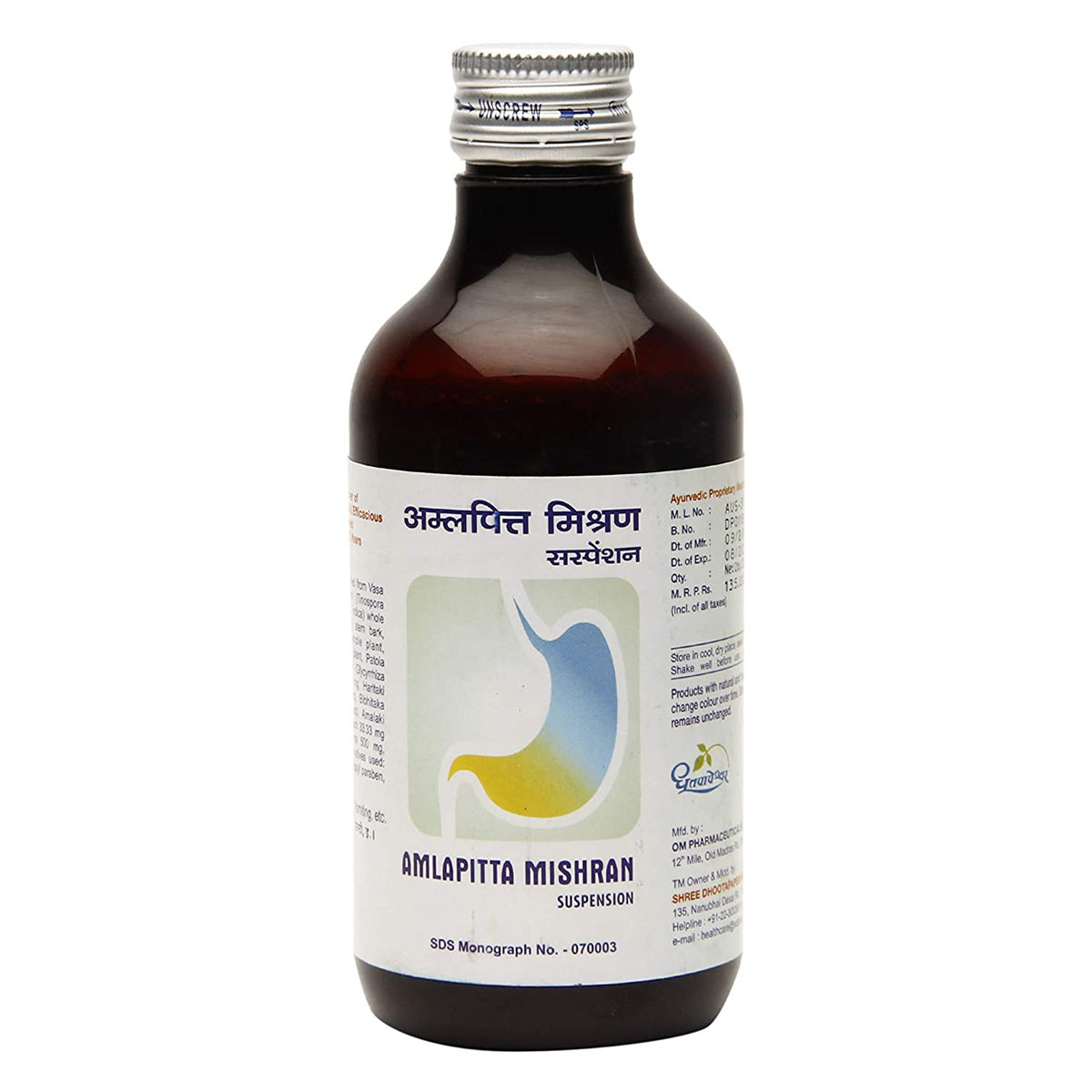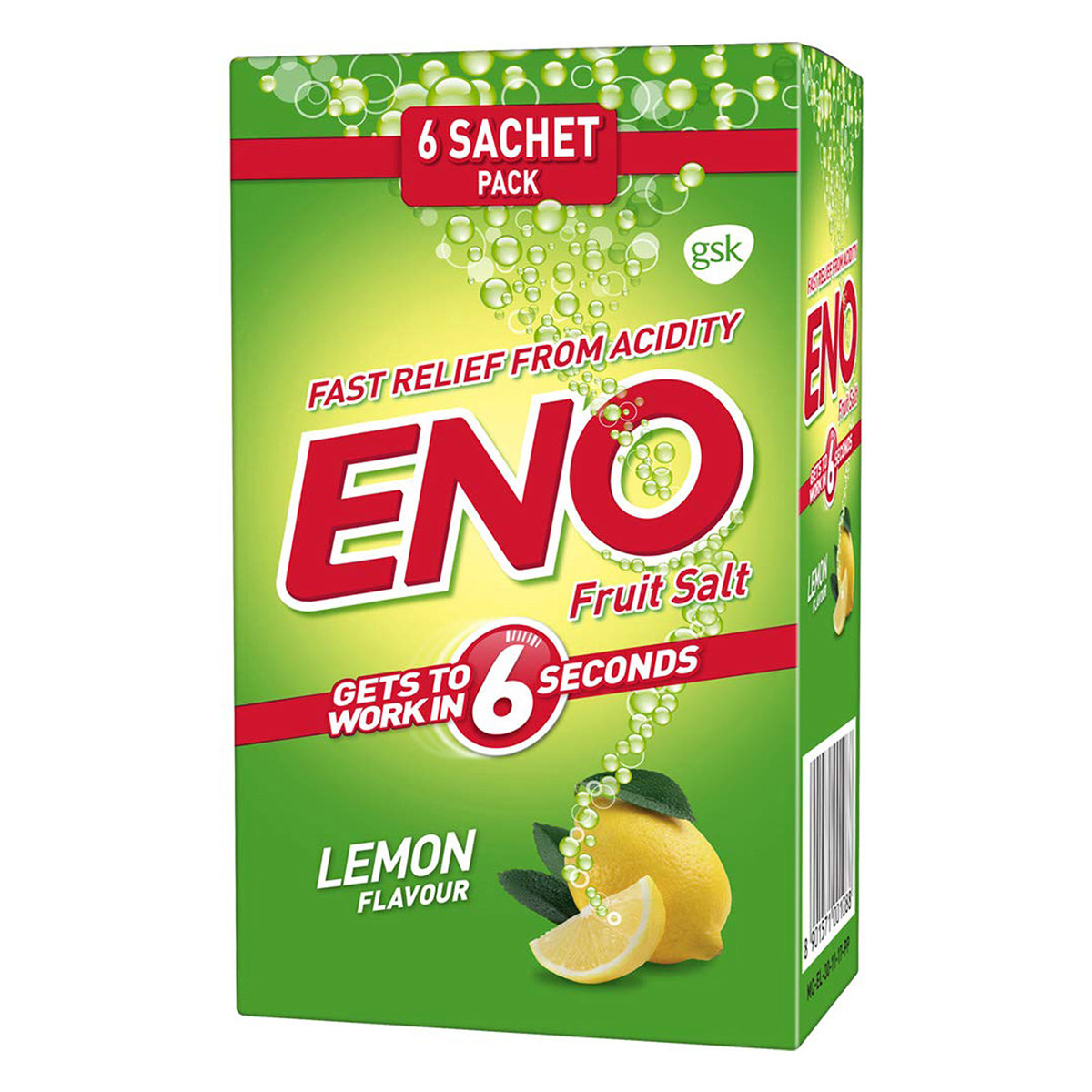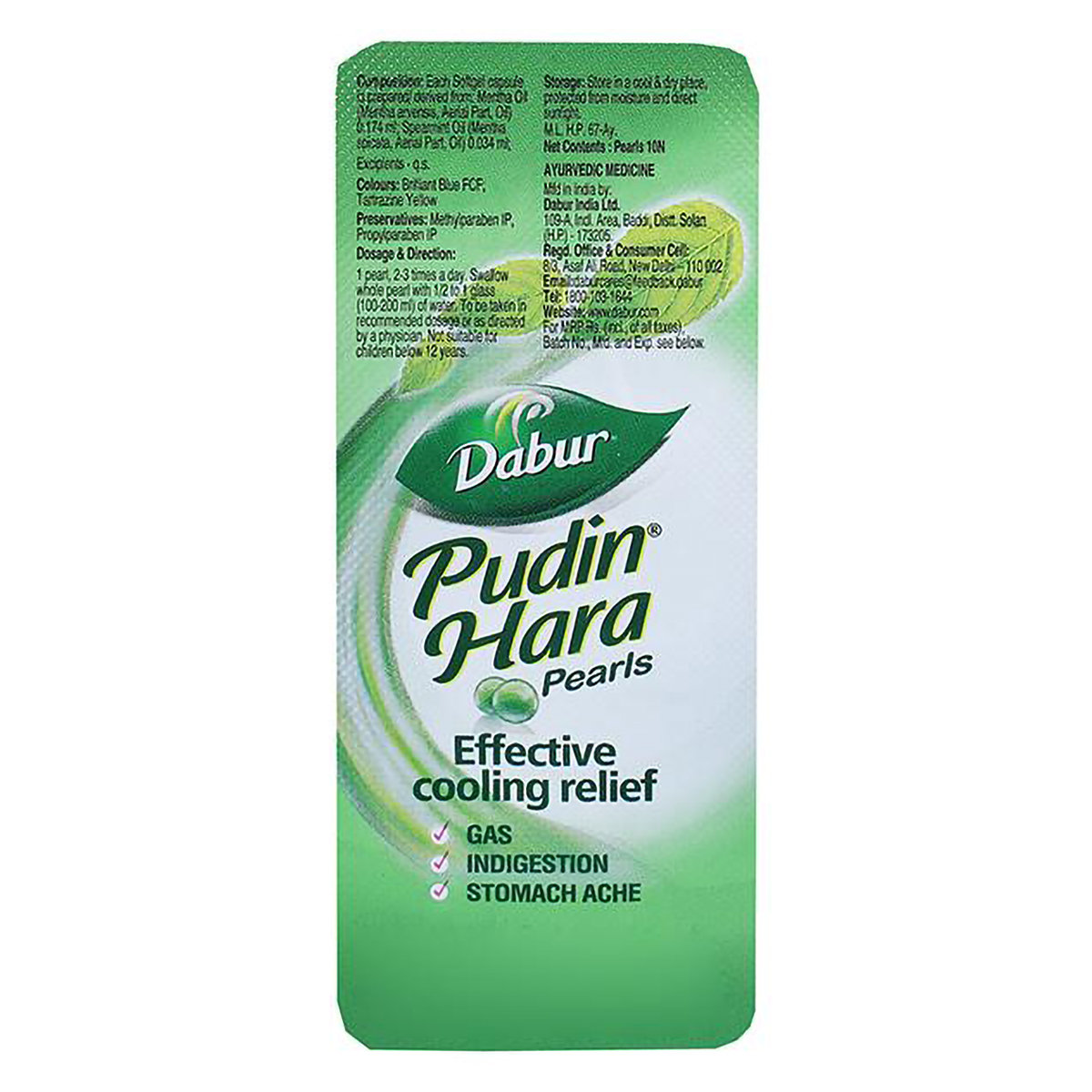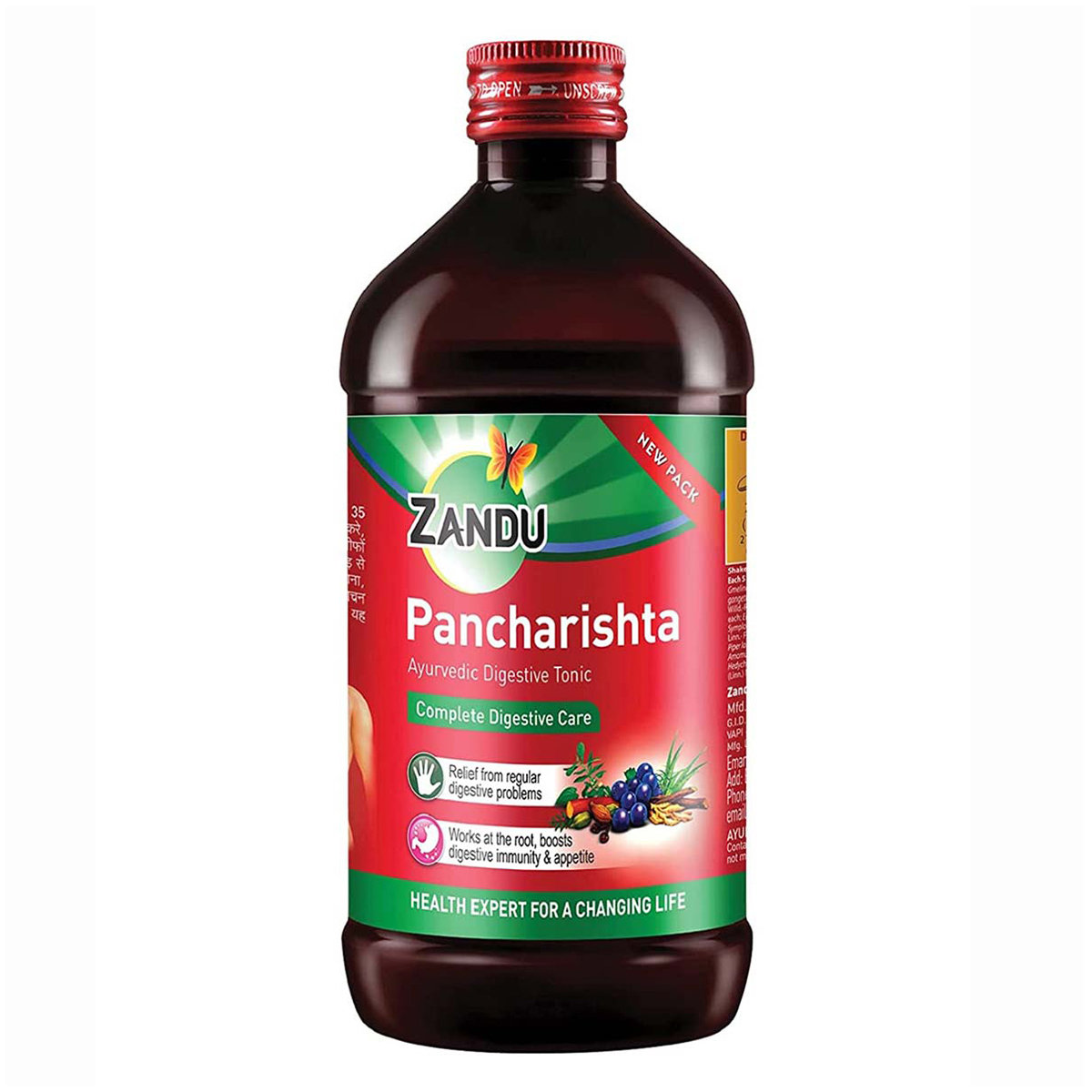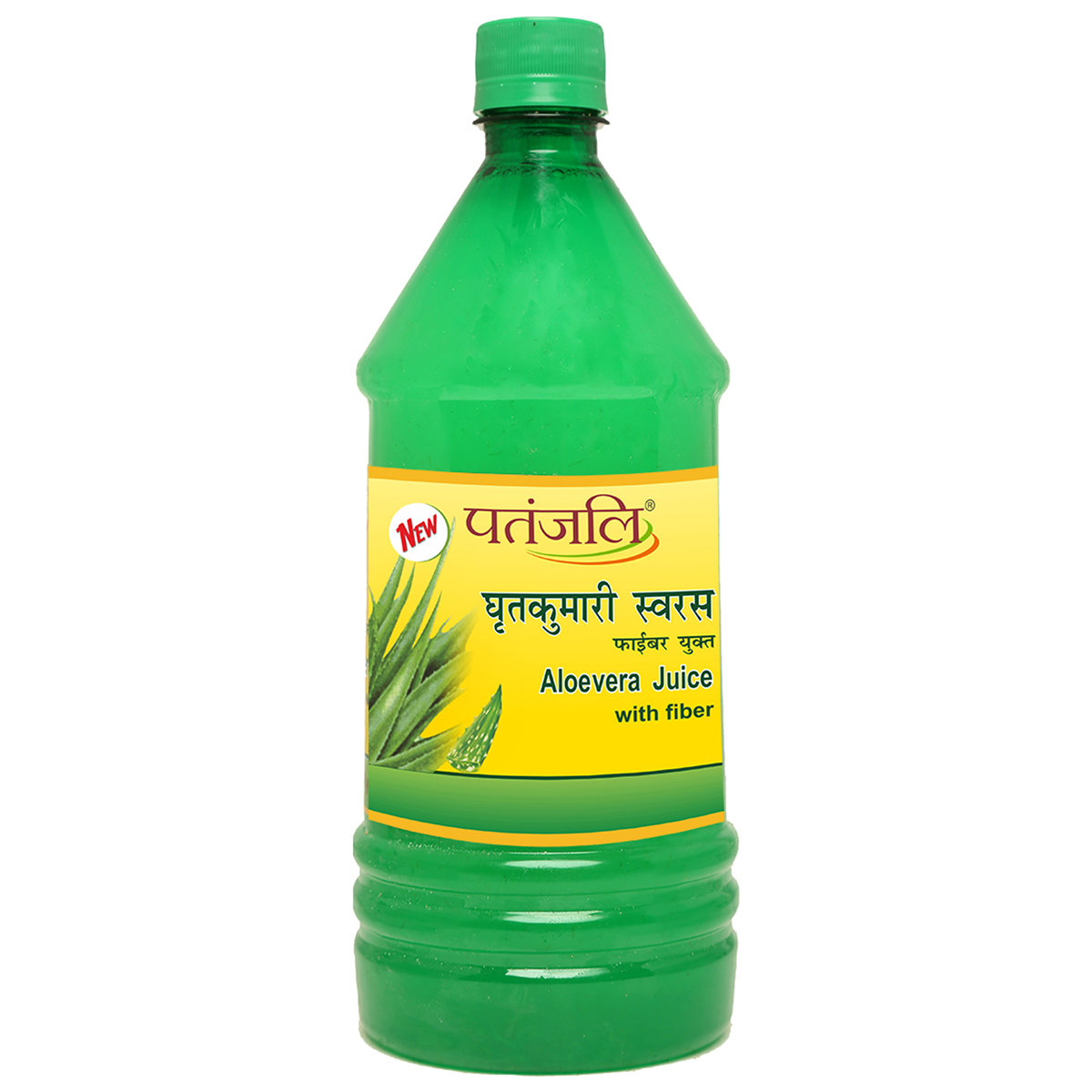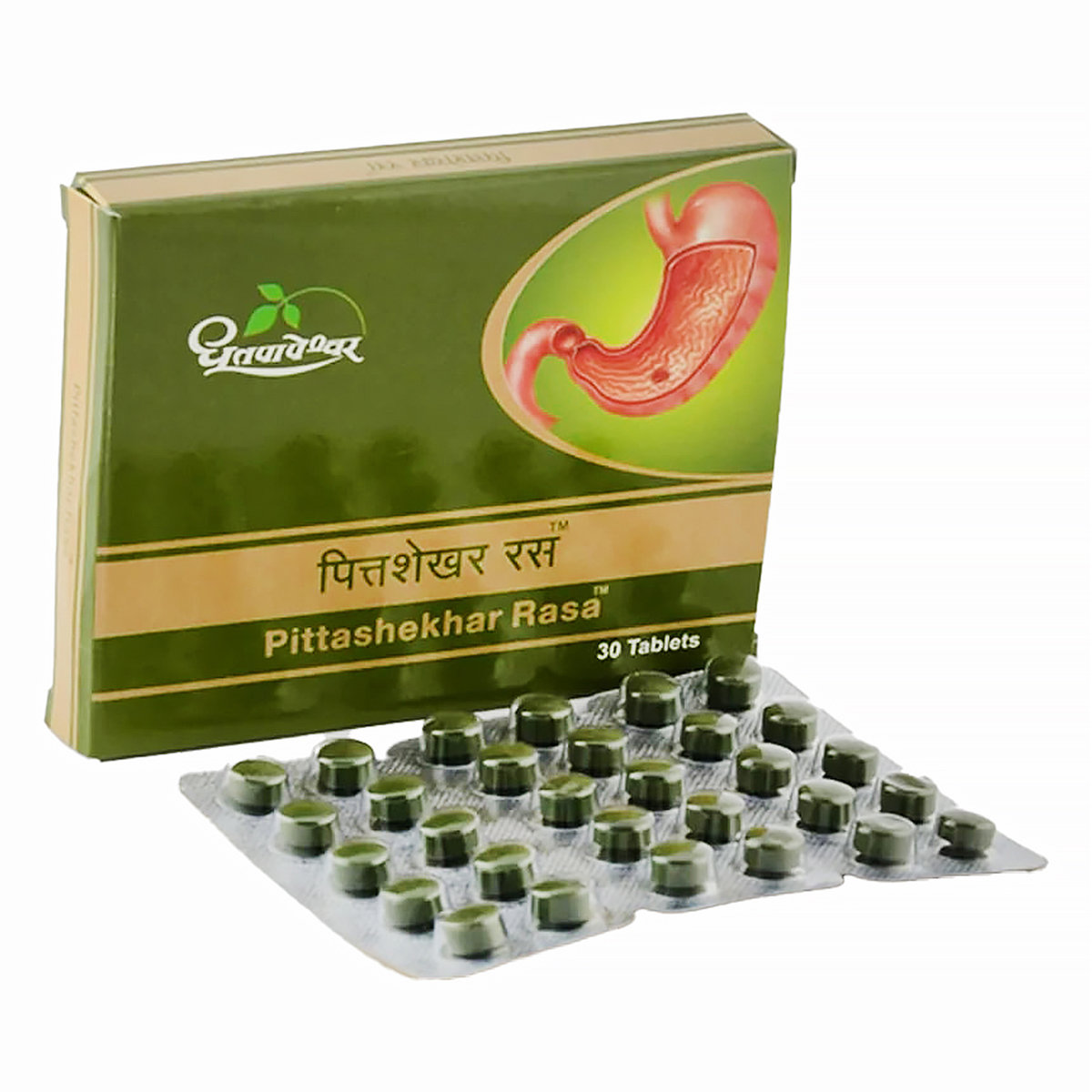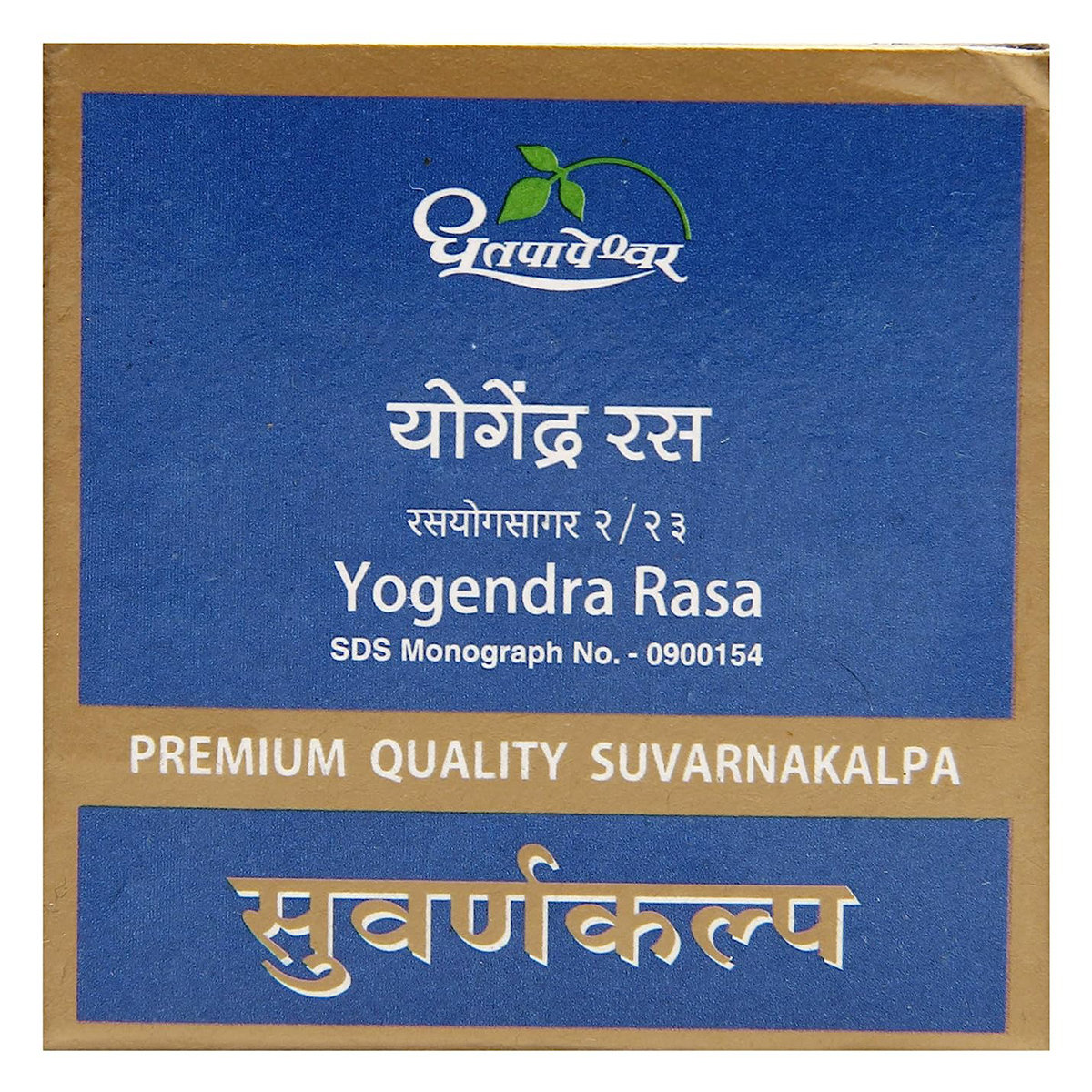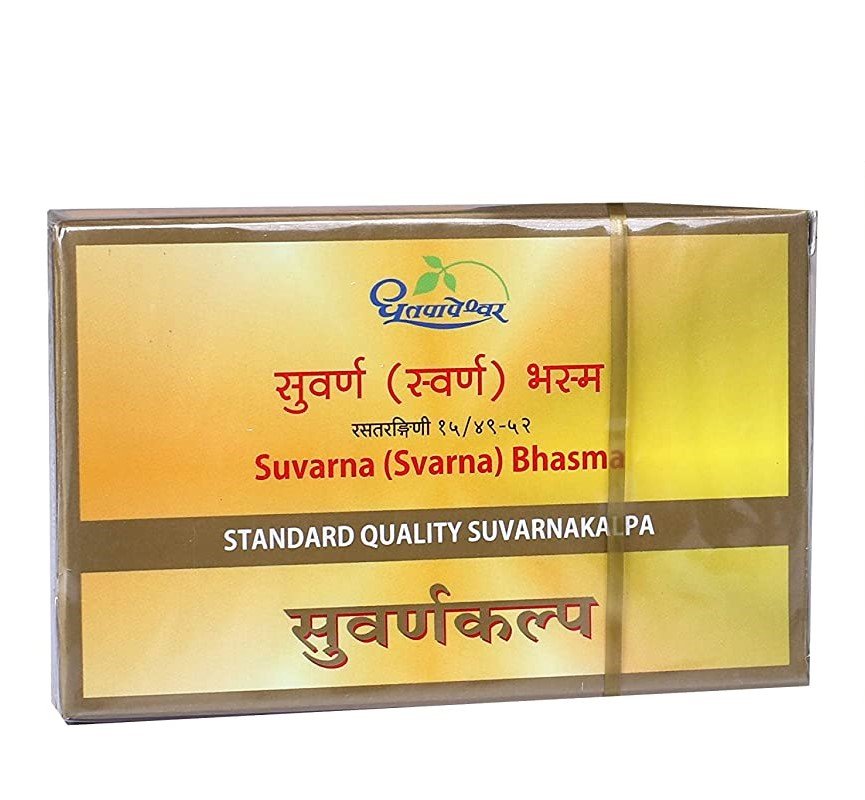Sodium Bi Corbanate Injection

MRP ₹13.5
(Inclusive of all Taxes)
₹2.0 Cashback (15%)
know your delivery time
Provide Delivery Location
Composition :
Manufacturer/Marketer :
Consume Type :
Expires on or after :
Return Policy :
Selected Pack Size:10 ml
10 ml ₹12.15
(₹1.22 per ml)
Out of stock
25 ml ₹23.4
(₹0.94 per ml)
In Stock

Secure Payment

Trusted by 8 Crore Indians

Genuine Products
Therapeutic Class
Country of origin
Manufacturer/Marketer address
Author Details
We provide you with authentic, trustworthy and relevant information
Disclaimer
Alcohol
Safe if prescribed
It is unknown if alcohol affects Sodium Bi Corbanate Injection. Please consult your doctor.
Pregnancy
Consult your doctor
Sodium Bi Corbanate Injection belongs to pregnancy category C. Please inform your doctor if you are pregnant; your doctor will prescribe only if the benefits outweigh the risks.
Breast Feeding
Consult your doctor
Inform your doctor if you are breastfeeding; your doctor will prescribe only if the benefits outweigh the risks.
Driving
Safe if prescribed
It is not known if Sodium Bi Corbanate Injection affects your ability to drive. however, drive or operate machinery only if you are alert.
Liver
Consult your doctor
Inform your doctor if you have a liver impairment or any concerns before receiving Sodium Bi Corbanate Injection.
Kidney
Consult your doctor
Inform your doctor if you have kidney impairment or any concerns. Sodium Bi Corbanate Injection is not recommended if you have conditions like kidney failure or kidney stones.
Children
Safe if prescribed
Please consult your doctor if you have any concerns regarding the usage of Sodium Bi Corbanate Injection in children. Rapid injection (10 mL/min) of hypertonic Sodium bicarbonate injection solutions in children below twoyears may cause hypernatremia (high sodium levels), a decrease in cerebrospinal fluid pressure and possible intracranial haemorrhage.
Product Substitutes
Keep Refrigerated. Do not freeze.
Reference
- https://www.accessdata.fda.gov/drugsatfda_docs/label/2005/077394lbl.pdf
- https://www.phebra.com/wp-content/uploads/2018/10/Sodium-Bicarbonate-8.4-CMI-V04.pdf
- https://www.hpra.ie/img/uploaded/swedocuments/61152f49-1ddb-43e5-8b41-2042d91082f2.pdf
- https://www.athenexpharma.com/materials/SodiumBicarbonate/SodiumBicarbonate_PI.pdf
- https://www.drugs.com/pro/sodium-bicarbonate.html
- https://dailymed.nlm.nih.gov/dailymed/fda/fdaDrugXsl.cfm?setid=e9698a4f-1a95-4f28-a945-e8009d1d6dd4&type=display
About Sodium Bi Corbanate Injection
Sodium Bi Corbanate Injection is indicated in the treatment of metabolic acidosis and other conditions requiring systemic alkalinisation. It is also used to increase urinary pH to increase the solubility of certain weak acids, in treatment of certain intoxications to decrease renal absorption of the drug, severe diarrhoea accompanied by loss of bicarbonate, and poisoning by salicylates or methyl alcohol. Sodium Bi Corbanate Injection may also be used to treat patients who have taken too many tricyclic antidepressants only after other resuscitation methods have been attempted.
Sodium Bi Corbanate Injection contains ‘Sodium bicarbonate’, which acts as an electrolyte replenisher and systemic alkaliser. Thereby reducing the acid in the blood. Sodium Bi Corbanate Injection helps reduce the amount of acid in the body after a heart attack in patients who have too much potassium in their blood or too much acid.
Sodium Bi Corbanate Injection will be administered by a healthcare professional; do not self-administer. In some cases, you may experience certain common side effects, such as injection site reactions, irritability, muscle spasms, and low levels of potassium in the blood. You are advised to talk to your doctor if the side effects persist or worsen.
Consult your doctor if you are pregnant, planning for pregnancy or breastfeeding. Please consult your doctor if you have any concerns regarding the usage of Sodium Bi Corbanate Injection in children. Keep your doctor informed about your health condition and medications to rule out any side effects/interactions.
Uses of Sodium Bi Corbanate Injection
Medicinal Benefits Mweb
Key Benefits
Sodium Bi Corbanate Injection is indicated in the treatment of metabolic acidosis caused due to diabetes, hepatitis, starvation, shock, cardiac arrest, renal insufficiency, severe dehydration, severe primary lactic acidosis, Addison’s disease or administration of acidic drugs and other conditions requiring systemic alkalinisation. It is also used to increase urinary pH to increase the solubility of certain weak acids, in treatment of certain intoxications to decrease renal absorption of the drug, severe diarrhoea accompanied by loss of bicarbonate, and poisoning by salicylates or methyl alcohol. Sodium Bi Corbanate Injection may also be used to treat patients who have taken too many tricyclic antidepressants only after other resuscitation methods have been attempted. Sodium Bi Corbanate Injection acts as an electrolyte replenisher and systemic alkaliser. Thereby reducing the acid in the blood. Sodium Bi Corbanate Injection helps reduce the amount of acid in the body after a heart attack in patients who have too much potassium in their blood or too much acid.
Directions for Use
Side Effects of Sodium Bi Corbanate Injection
- Injection site reactions
- Irritability
- Muscle spasms
- Low levels of potassium in the blood
Drug Warnings
Do not take Sodium Bi Corbanate Injection if you are allergic to any of its components; if you have kidney failure, heart failure, high blood pressure, low blood calcium/potassium/chloride, high blood sodium/pH, kidney stones, fluid retention, or hypoventilation (breathing problems). Inform your doctor if you have congestive heart failure, oedema with sodium-retaining conditions, or renal insufficiency. Consult your doctor if you are pregnant, planning for pregnancy or breastfeeding.
Drug-Drug Interactions
Drug-Drug Interactions
Login/Sign Up
Taking Sodium Bicorbanate Injection 10 ml with Gefitinib together can reduce the levels and treatment outcomes of Gefitinib.
How to manage the interaction:
Although taking Gefitinib and Sodium Bicorbanate Injection 10 ml together can cause an interaction, it can be taken if a doctor has suggested it. Contact your doctor if your symptoms do not improve. Do not stop using any medications without talking to a doctor.
Co-administration of Sodium Bicorbanate Injection 10 ml and Dolutegravir reduces the levels of Dolutegravir, resulting in reduced effectiveness.
How to manage the interaction:
Although taking Dolutegravir and Sodium Bicorbanate Injection 10 ml together can result in an interaction, they can be taken together if prescribed by your doctor. However, if you experience symptoms like fever, chills, diarrhea, sore throat, muscle aches, red or inflamed skin, and pain or burning during urination, contact your doctor immediately. Do not discontinue any medications without consulting your doctor.
Drug-Food Interactions
Drug-Food Interactions
Login/Sign Up
Drug-Diseases Interactions
Drug-Diseases Interactions
Login/Sign Up
Drug-Drug Interactions Checker List
- PREDNISONE
- QUINIDINE
- FLECAINIDE
- AMPHETAMINE
- EPHEDRINE
- PSEUDOEPHEDRINE
- ASPIRIN
- CHLORPROPAMIDE
- MECAMYLAMINE
- MEMANTINE
- TETRACYCLINE
- DOXYCYCLINE
- METHENAMINE
Habit Forming
Special Advise
- False positive Labstix for urine protein may result due to the high urinary alkalinity produced by sodium bicarbonate. Therefore, inform the person doing the tests that you are on treatment with Sodium Bi Corbanate Injection.
- Regular monitoring of serum electrolyte concentration is advised.
Diet & Lifestyle Advise
- Stay hydrated.
- Avoid smoking and alcohol consumption.
- Maintain a healthy weight by regular exercising.
- Include foods rich in nutrients and potassium.
- Eat small, frequent meals slowly if you have diarrhoea.
All Substitutes & Brand Comparisons
RX
Sodium Bi Carbonate Injection 10Ml
V L Pharma
₹10.5
(₹1.0/ 1ml)
18% CHEAPER

Have a query?
Buy best Gastro Enterology products by
Abbott India Ltd
Sun Pharmaceutical Industries Ltd
Alkem Laboratories Ltd
Cipla Ltd
Torrent Pharmaceuticals Ltd
Intas Pharmaceuticals Ltd
Mankind Pharma Pvt Ltd
Lupin Ltd
Dr Reddy's Laboratories Ltd
Aristo Pharmaceuticals Pvt Ltd
Alembic Pharmaceuticals Ltd
Wallace Pharmaceuticals Pvt Ltd
La Renon Healthcare Pvt Ltd
Leeford Healthcare Ltd
Macleods Pharmaceuticals Ltd
J B Chemicals & Pharmaceuticals Ltd
Zydus Healthcare Ltd
Micro Labs Ltd
Zydus Cadila
Fourrts India Laboratories Pvt Ltd
Morepen Laboratories Ltd
Zuventus Healthcare Ltd
FDC Ltd
Eris Life Sciences Ltd
Cadila Pharmaceuticals Ltd
Medishri Healthcare Pvt Ltd
Alniche Life Sciences Pvt Ltd
Medley Pharmaceuticals Ltd
Tas Med India Pvt Ltd
Signova Pharma
Tablets India Ltd
Elder Pharmaceuticals Ltd
Wockhardt Ltd
Emcure Pharmaceuticals Ltd
Sanatra Healthcare Ltd
Glenmark Pharmaceuticals Ltd
Blue Cross Laboratories Pvt Ltd
East West Pharma India Pvt Ltd
Hetero Drugs Ltd
Indoco Remedies Ltd
Vasu Organics Pvt Ltd
Biological E Ltd
Primus Remedies Pvt Ltd
Akumentis Healthcare Ltd
Corona Remedies Pvt Ltd
Pfizer Ltd
Albert David Ltd
DR Johns Lab Pharma Pvt Ltd
Ajanta Pharma Ltd
Cadila Healthcare Ltd
Ipca Laboratories Ltd
Ordain Health Care Global Pvt Ltd
Systopic Laboratories Pvt Ltd
Ozone Pharmaceuticals Ltd
Foregen Healthcare Ltd
Medgen Drugs And Laboratories Pvt Ltd
Panacea Biotec Ltd
Samarth Life Sciences Pvt Ltd
Shine Pharmaceuticals Ltd
Adonis Laboratories Pvt Ltd
Dey's Medical Stores (Mfg) Ltd
Eskag Pharma Pvt Ltd
Hetero Healthcare Pvt Ltd
Indchemie Health Specialities Pvt Ltd
Meyer Organics Pvt Ltd
RPG Life Sciences Ltd
Troikaa Pharmaceuticals Ltd
Biochem Pharmaceutical Industries Ltd
Shreya Life Sciences Pvt Ltd
Sinsan Pharmaceuticals Pvt Ltd
3M India Ltd
Chemo Healthcare Pvt Ltd
Levin Life Sciences Pvt Ltd
Meridian Enterprises Pvt Ltd
Overseas Health Care Pvt Ltd
Saf Fermion Ltd
Sanzyme Pvt Ltd
Steris Healthcare
USV Pvt Ltd
Seagull Pharmaceutical Pvt Ltd
Votary Laboratories (India) Ltd
Win Medicare Ltd
Yuventis Pharmaceuticals
Aar Ess Remedies Pvt Ltd
Caplet India Pvt Ltd
Piramal Enterprises Ltd
Sanofi India Ltd
Cnx Health Care Pvt Ltd
Galpha Laboratories Ltd
Intra Labs India Pvt Ltd
Kinesis Pharmaceuticals Pvt Ltd
Msn Laboratories Pvt Ltd
Olcare Laboratories Pvt Ltd
Rapross Pharmaceuticals Pvt Ltd
Ronyd Healthcare Pvt Ltd
Saffron Therapeutics Pvt Ltd
Solariz Healthcare Pvt Ltd
Syndicate Life Sciences Pvt Ltd
Aurz Pharmaceutical Pvt Ltd
Biophar Lifesciences Pvt Ltd
Frequently Bought Together
Customers Also Bought

_0.jpg?tr=q-85)


